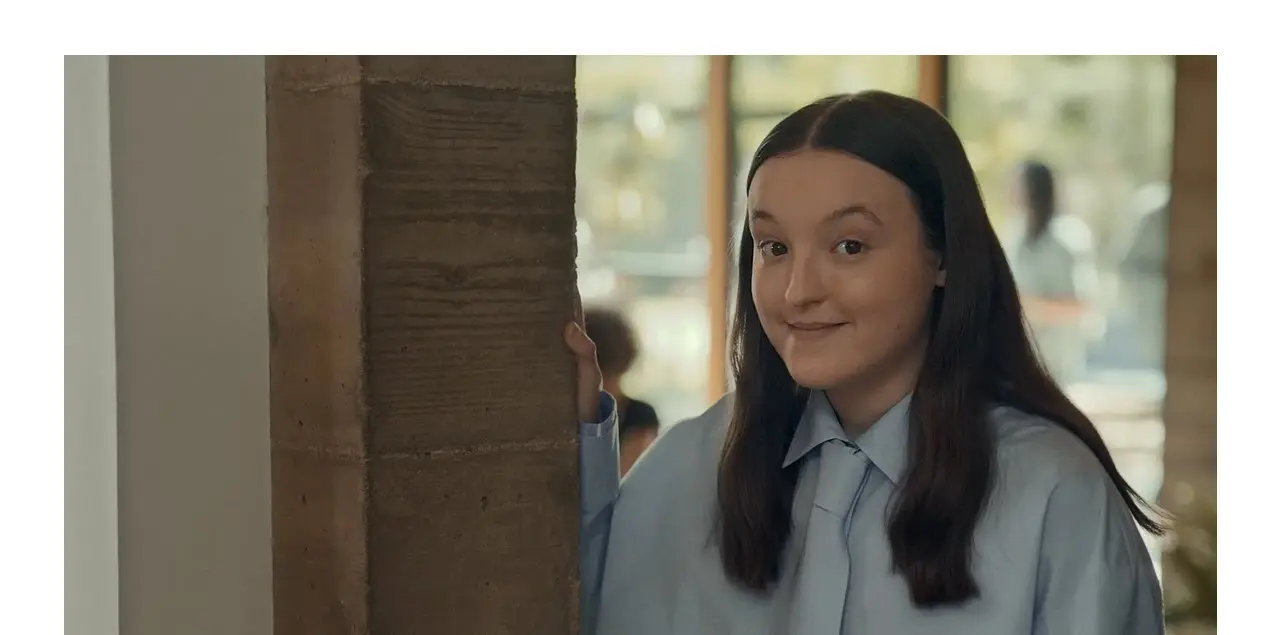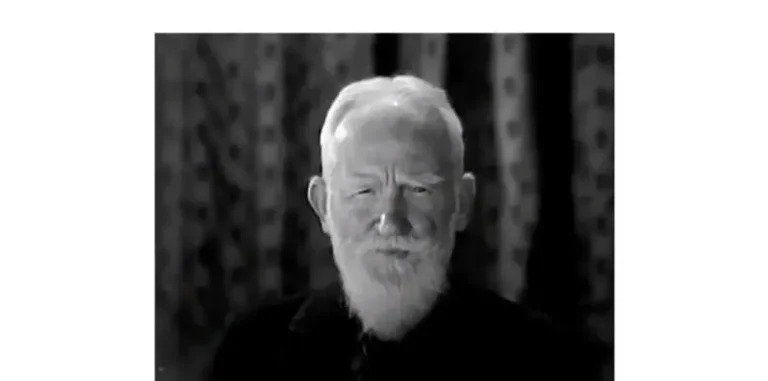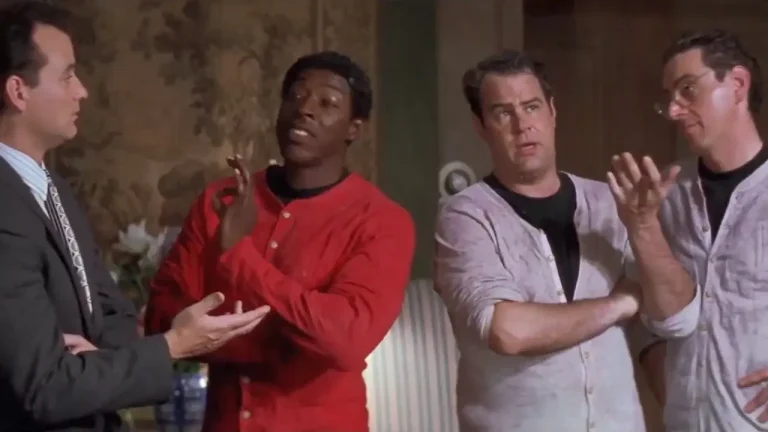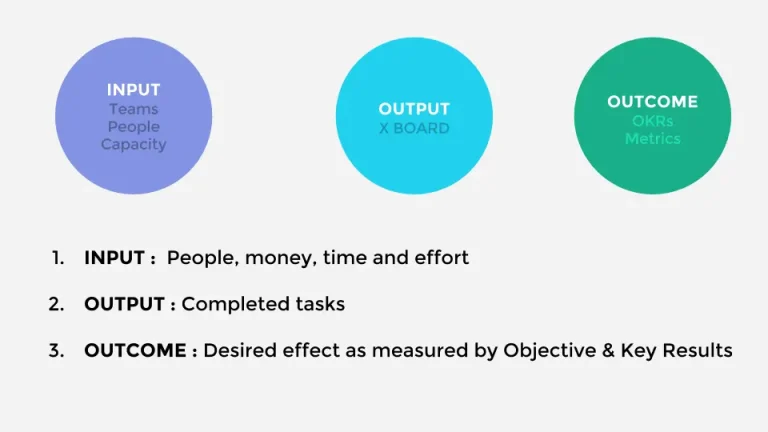Do Apple’s New AI Tools Make White Lies Easier?
New iPhone ads raise common questions about how to use artificial intelligence
Bella Ramsey adds charm to Apple’s commercials for the new artificial intelligence system on the iPhone 16, which subtly provide food for thought about using the new technology.
The trio of ads featuring the “Game of Thrones” actor present small examples of ethical questions that furrow the brows of many professional communicators. When should you say something about using generative AI? How should you use it to make decisions? How much should you trust chatbots to be correct?
The significance of the questions is easy to miss in the ads thanks to the acting of Ramsey, currently appearing in the HBO post-apocalyptic series, “The Last of Us.”
Yet the questions have gained increased attention as a growing number of internal communication and public relations teams turn to the technology with the hope of saving time and improving their writing.
By catching up on the latest tech trend, the Cupertino, Calif.-based company is hoping to reverse a recent sales slump of mobile phones. The new features aim to make Siri, the virtual assistant prone to its own errors, more useful.
The polished ads were well received by publications covering the advertising industry.
Apple attempts to portray its new AI tools “as a way to avoid awkward situations,” Adweek said.
“The ads are light and airy, clearly trying to make the AI seem approachable and useful,” AdAge said.
Two of the three ads present fictional business situations involving Ramsey, who uses the pronouns they/them.
Swimmy
In a 45-second ad that Apple labels “Custom memory movies,” Ramsey is part of a family backyard burial service for the daughter’s pet fish. The father starts to deliver an awkward eulogy, but twice calls the pet, “Fishy,” only to be corrected that the pet’s name is Swimmy.
Frustrated, Ramsey pulls their phone out of their back pocket. They use Apple’s new custom memory movie feature to create on the spot a photo montage of the girl’s pet, complete with a soundtrack.
Ramsey interrupts the father, puts their phone on the grave and plays the video. The daughter kneels to watch the video appreciatively. The father mouths, “Thank you,” to Ramsey.
Zac
A 45-second ad that Apple labels, “More personal Siri,” is one of two in a business context. Ramsey is at an event when someone from across the room waves at Ramsey, but they don’t remember his name.
Ramsey turns away and speaks into their phone, “Siri, what’s the name of the guy I had a meeting with a couple months ago at Café Grenel?”
After Siri provides the answer, Ramsey enthusiastically greets him when he walks up:
Ramsey: Zac!
Zac: Oh wow, I didn’t think you’d remember me.
Ramsey: Yeah, of course, as soon as I saw you, I’m like, it’s Zac. Nobody walks like Zac.
Zac laughs and Ramsey gives a sly smile to the camera, either because they just got away with something or we’re in on their secret. Or both.
The pitch
In a 30-second spot that Apple labels, “Email summary,” Ramsey and a female agent are sitting in a restaurant.
After the agent asks about a pitch she emailed, Ramsey says, “I remember.” They don’t.
Ramsey opens the email. The subject line, “Dogge Days,” prompts Ramsey to say, “What a title.”
Ramsey taps a “Summarize” icon. We see the AI recap: “Victorian drama pitch, ‘Dogge Days,’ about a young heir and a staff member’s unique relationship. Bella is encouraged to consider.”
Bella slowly looks at the summary, adding that the story is “very Victorian, which I loved,” and “I love unique relationships.”
The agent interrupts to say the relationship has a twist:
Ramsey: I know, cuz I read it.
Agent: Great! I’m gonna tell them you’re interested.
Ramsey again gives that knowing look to the camera.
Is it authentic?
Apple could have had the dad ask Siri to write a eulogy, but that wouldn’t have been authentic. We’ve already seen Google trip up with a ham-handed ad about a father asking that tech giant’s AI tool for help writing a fan letter with his daughter to an Olympic athlete.
“While generative AI may excel in processing vast amounts of data and generating outputs, it lacks the intrinsic human qualities that infuse conversations with empathy, creativity, and the profound emotional depth that underpins the best of human composition,” a psychologist wrote in Psychology Today this year.
When consumers learned that the emotionally charged content was generated by AI, they reacted with disgust, according to a recent article in the Journal of Business Research.
Is it right?
Who hasn’t checked their email or calendar when somebody’s name doesn’t come to mind? Maybe Siri does it faster?
Watching the Zac video made me wonder: What if Siri got it wrong? Oops.
That’s a trivial example of a big problem. That’s why Public Relations Society of America’s ethical standards recommend that any content generated by AI be checked for accuracy.
Another reminder about preventing AI “hallucinations” came to me this month in a story about a team of neuroscientists who mapped the brain of a fruit fly, which is the size of a poppy seed.
The team created an artificial intelligence program to study more than 20 million microscopic images of a single fly’s brain. But the team didn’t leave it there, Princeton University Professor Sebastian Seung told National Public Radio.
“Artificial intelligence isn’t perfect as well all know,” Seung said. “So, a team of human experts, people who are trained to do this, they had to go in and correct the errors of the artificial intelligence.”
No Sebastian, everybody doesn’t know that AI isn’t perfect.
A step further
The Zac and pitch ads also made me wonder: Is Apple Intelligence intended to make white lies easier?
Ramsey embellishes their white lie by saying they remember Zac by his walk. They didn’t, and in the 30-second clip we don’t see Zac’s gait.
In the pitch ad, Ramsey goes out of the way to say they read the email. But the ad takes it a step further.
The Apple Intelligence summary was shown to be wrong, missing the twist in the story pitch which the agent pointed out.
Then Ramsey lets the agent believe they’re interested in the proposal. Does the knowing smile at the end tell us they’re not?
Designed to “avoid awkward situations,” it looks like Apple Intelligence could create them.
Tom Corfman, a senior consultant with Ragan Consulting Group, thinks generative AI is like nuclear energy. It’s very powerful but must be handled very, very carefully. The same goes for writing.
Contact our client team to learn more about how we can help you with your communications. Follow RCG on LinkedIn and subscribe to our weekly newsletter here.







